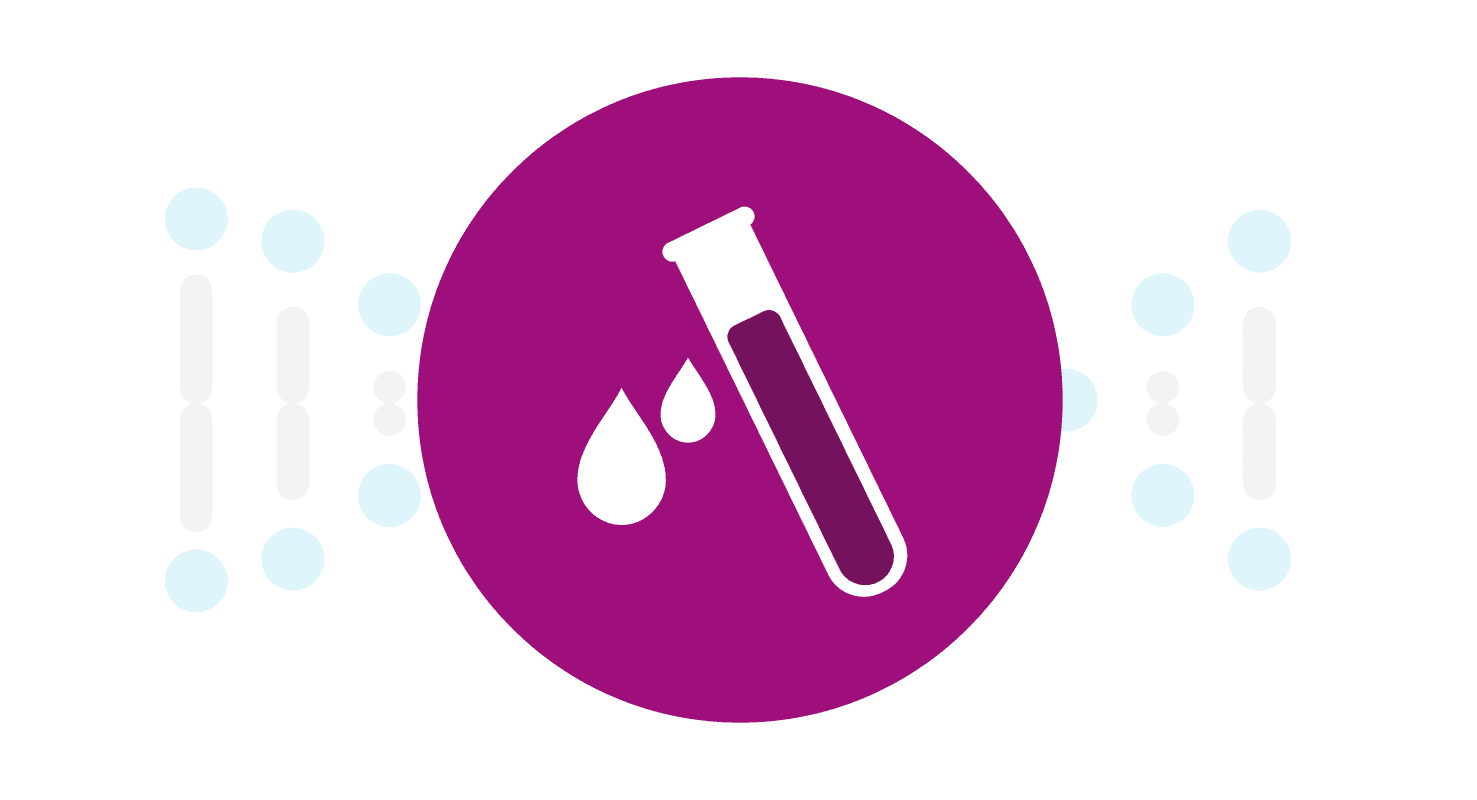
As science types, we’re often mystified – and maybe just a little exasperated – by the details of health care policy. But 23andMe director Esther Dyson has a very interesting post on the blog of the policy journal Health Affairs that we recommend.
It’s very interesting to hear what Esther, a person who often seems to be thinking a few steps ahead of the rest of us, has to say about what will happen as consumers take a more active role in their own health care:
Years ago, Intuit’s Quicken let people manage a checkbook online and print out checks. As the world moved online, Intuit built interfaces to the online banking services of certain major banks so that users could upload and download their financial information. Pretty soon after that, the less-popular banks built their own interfaces to Quicken in order to capture or regain market share. None of them really wanted to let users mingle data from one source with data from another . . . but of course it happened. And now, users can use Mint or Wesabe [a company that Esther invests in] not just to mingle data but to analyze it, to compare their own spending patterns with others’ and (here’s the business model) to receive “offers” from other financial institutions based on those spending patterns.
I expect exactly the same thing to happen with health information. And, just as banks compete (mostly with success) to keep customers’ money and data safe, so will the organizations that handle users’ medical information. This doesn’t actually require any legislation or standards to happen. Companies are already emerging that will provide interfaces to the IT systems of market-leading health care and insurance providers; eventually, the laggards will adapt to the market standards set by the leaders.
Once those standards are in place, Esther predicts that our health care system will benefit greatly from the availability of all that data. For one thing, the availability of data will enable research that leads to better treatment. But perhaps most provocative is the prospect that health providers could be rewarded not just for going through the motions, but actually improving their patients’ lives.



